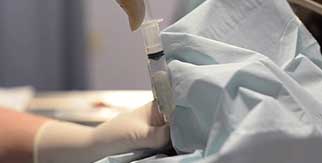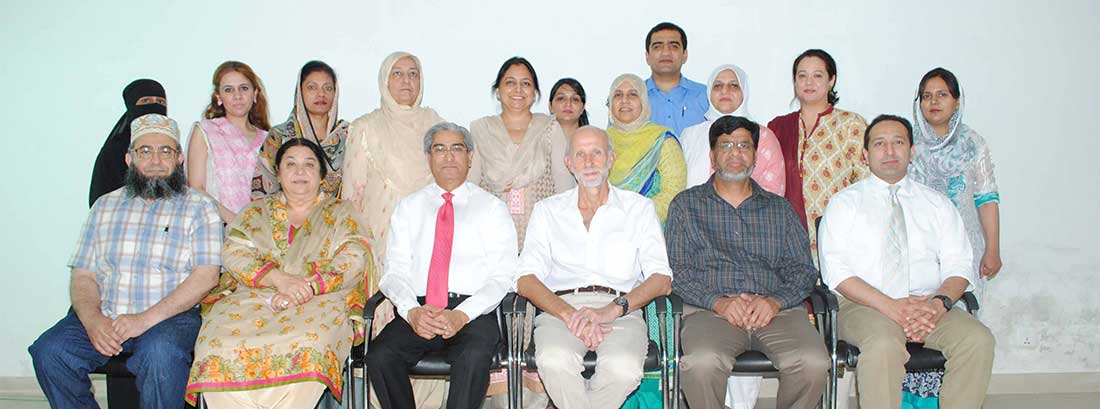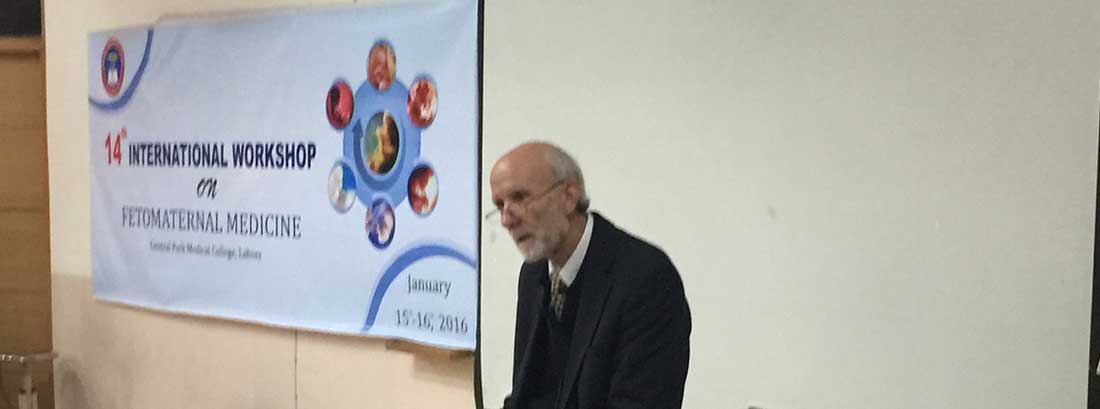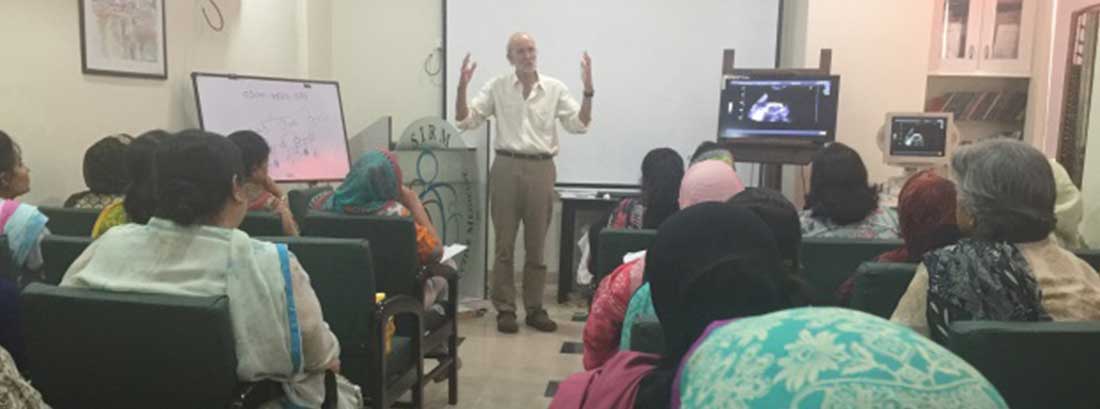Chorionic Villus Sampling (CVS)
Description: Description: transsampleThe aim of CVS is to obtain a small sample of the developing placenta, which has the same genetic make-up as the baby (foetus). CVS is carried out after 10 weeks of gestation and involves obtaining a biopsy of the placenta by means of a needle inserted through the abdominal wall under ultrasound guidance. A small sample of chorionic villus material is then aspirated and sent to the laboratory for analysis. It takes less than two weeks to get the results from the laboratory.
Advantages: CVS has great advantages because it can be done in the first trimester of pregnancy. This also reduces the emotional stress associated with late prenatal diagnosis and the risk of complications where a late termination of pregnancy is required. In addition, parents’ privacy is protected as the entire procedure can be carried out before others are aware of the pregnancy. CVS also has technical advantages, as the technique obtains many more genetic material than obtained through amniocentesis .




